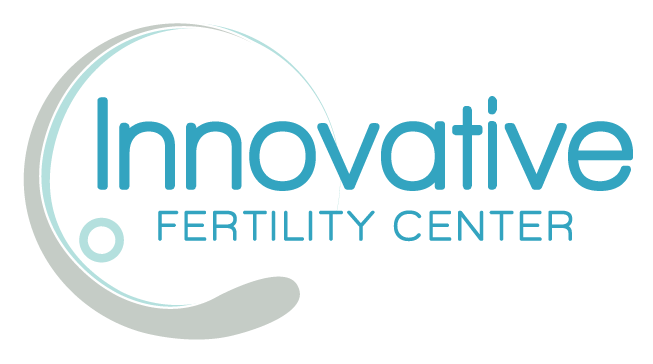If you are experiencing infertility and meet certain criteria, you may be considered a “poor responder.” Don’t allow the medical classification to discourage you. Innovative Fertility Center’s Dr. Mark J. Rispler employs targeted treatment protocols to help women increase egg production and, subsequently, their chances for getting pregnant.
A key component in a successful in-vitro fertilization (IVF) cycle involves stimulating a woman’s egg production with fertility drugs. Reproductive endocrinologists (RE) then retrieve and evaluate the eggs. The eggs are fertilized in a controlled lab environment, and then the RE transfers the embryo back to the uterus.
Fertility doctors consider women who do not produce a sufficient number of eggs “poor responders.” A lack of viable eggs will derail an IVF cycle from its initial phases.
How do fertility specialists diagnose “poor responders?”
Dr. Rispler evaluates his infertility patients to determine if one or more situations exist:
• A woman is over age 40
• A woman produces three or fewer eggs during an ovarian stimulation cycle
• A woman presents with abnormal tests of ovarian egg reserve
What treatment options will increase egg production?
If a woman does not produce an adequate number of eggs, what treatment options exist? A respected medical journal, Fertility and Sterility, addresses the challenge of treating poor responders and concludes that no definitive solution exists.
However, Dr. Rispler has found success with treatment options that address a woman’s unique biochemistry.
- Hormone treatment, including DHEA, growth hormones, and androgen supplementation, contributes to a greater number of eggs produced; it also improves embryo quality and live birth rates. Ask your fertility doctor about the associated risks of these treatment protocols.
- Surprisingly, the alternative to high doses of stimulation medication is the option to try a low-dose natural cycle stimulation. This approach saves costs, and while there is a lower fertility rate per cycle, minimal stimulation cycles can be cost beneficial over time.
- Ultimately, if a woman is unable to produce viable eggs, Dr. Rispler will provide information on egg donor services.
Barriers to pregnancy, whether related to male infertility or female infertility, are painful to endure. The fertility specialists at Innovative Fertility Center can help discover the underlying causes of infertility and prescribe a plan for your unique situation.
For more information, please visit https://innovativefertility.com to schedule a consultation with Dr. Rispler, contact our office.
